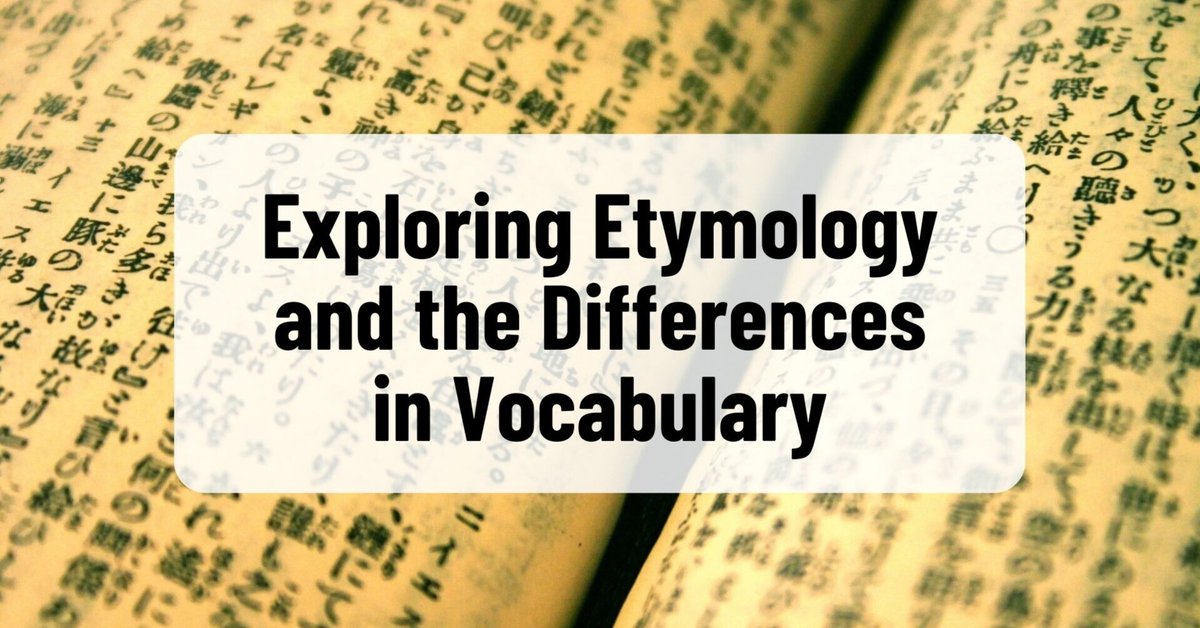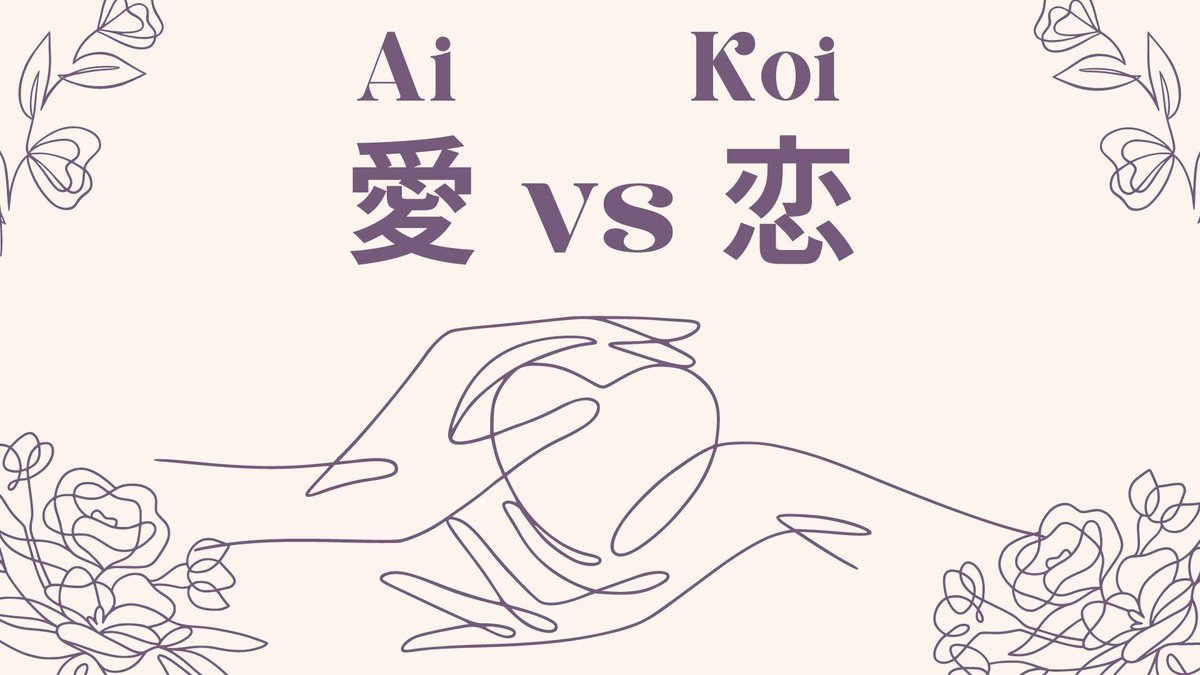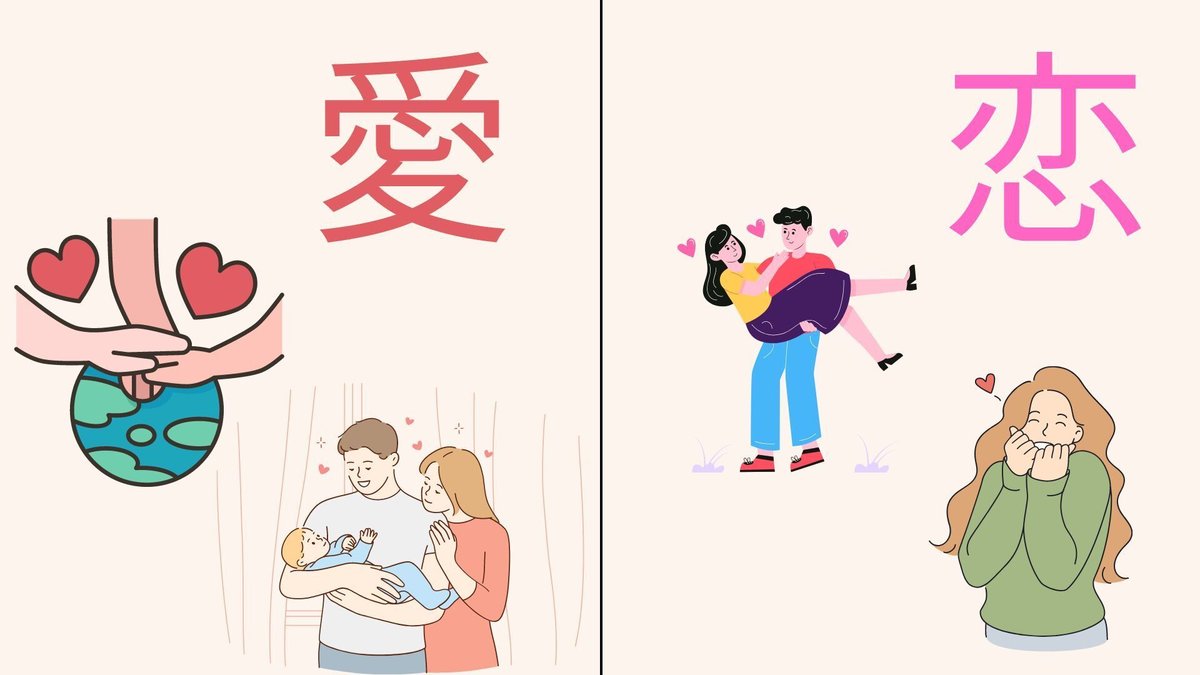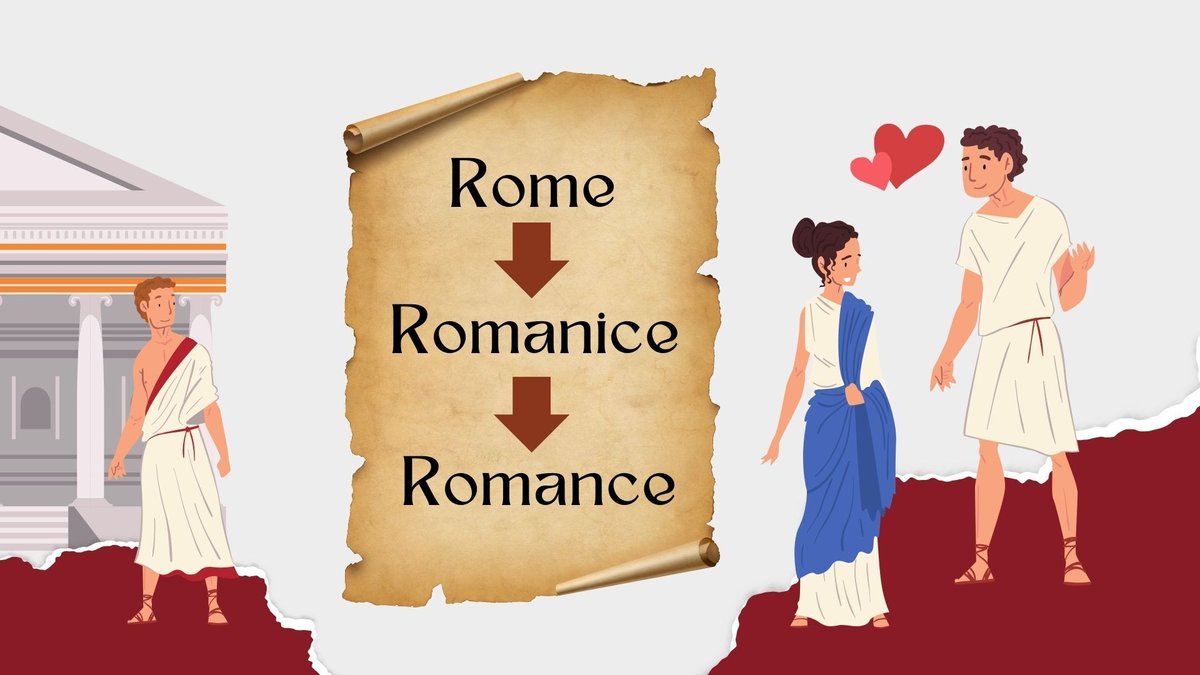
#6 Exploring Etymology and the Differences in Vocabulary 『愛』vs 『恋』
This is a section I plan to update occasionally, whenever the mood strikes. For example, when we look up two words and find that they have the same meaning in English, they might convey different nuances in Japanese. This highlights how different cultures perceive concepts uniquely. A common example is the perception of rainbow colours: some cultures and languages recognise seven colours, while others do not.
Japanese language learners might find these differences fascinating, though sometimes confusing. I hope this section will enhance your cultural understanding and spark greater interest in learning Japanese.

The Difference Between "愛(Ai)" and "恋(Koi)"
This is a question that often comes up among students, so I decided to delve into it by reading books. While the distinction is intuitively understood, articulating it in words can be quite challenging.
In Japanese, we have the words "愛 (ai) "and "恋 (koi)", as well as the combined term "恋愛 (ren-ai)". In English, all these terms are generally translated as "love". The term "恋愛(ren-ai)" can also be translated as "romance". This suggests that, in English-speaking cultures, there may not be as clear a distinction between these concepts.
When you look them up in a Japanese dictionary, the differences become clearer. "愛(ai)" refers to the affectionate feelings shared between family members such as parents and children or siblings. The meaning extends further to encompass a deep, warm heart that wishes for others' happiness, transcending personal emotions. On the other hand, "恋(koi)" denotes a strong attraction to a specific person, often accompanied by deep, yearning feelings.
In essence, "愛(ai)" conveys a broad, all-encompassing sentiment often used in religious contexts worldwide, while "恋(koi)" focuses on the emotion directed towards a specific individual.
Which Words are they used in?
Let's look at words and expressions that use "愛(ai)".
For example, terms like
・家族愛(kazoku-ai):familial love
・the Christian concept of 隣人愛(rinjin-ai): love for one's neighbour
Both incorporate "愛". You would never say "家族恋(kazoku-koi)" or "隣人恋(rinjin-koi)" ; to Japanese speakers, these sound very strange.
Other examples include
・博愛(haku-ai): philanthropy, charity
・愛国心(ai-kokushin): patriotism
where "愛" is used to denote deep, heartfelt affection.
You might think "愛人(ai-jin)" sounds positive, but be careful. In Chinese, it refers to a spouse, like a husband or wife. However, in Japanese, it means a mistress, implying an extramarital affair. It’s a completely different meaning, so use it with caution.
Next, let's examine "恋(koi)".
Examples include
・初恋(hatsu-koi): first love
・恋人(koi-bito): lover, sweetheart
・失恋(shitsu-ren): heartbreak, unrequited love
・恋に落ちる(koi ni ochiru): to fall in love
It’s clear that "恋" is often used in expressions focusing on emotions directed towards a specific person.

The History of the Words "愛" and "恋"
The word "愛(ai)" entered Japan as a Buddhist term. It has existed as a kanji character for a very long time, but in the context of Buddhism, "愛" referred to a "strong desire for various things" rather than the current meaning of love. It wasn't until the Meiji period that "愛" took on its present meaning, so its history is relatively short, only about 150 years.
On the other hand, "恋(koi)" has a much longer history. For over a thousand years, love poems known as "恋歌(ren-ka)" have been composed. It's fascinating to think that ancient Japanese people, just like us today, felt the excitement of love and expressed those feelings through poetry. It shows that, despite the passage of time, love remains a universal experience.
A Slight Digression into some Trivia about the meaning of "romance"
By the way, the origin of the word "romance" is the Latin term "romanice," meaning " in the vernacular." This "romanice" is derived from the Latin word "Rome", referring to the ancient Roman Empire. So, how did we get from there to the current meaning of "romance"?
Let's establish some context before we delve into the reason. Vernacular refers to the language commonly used by the general populace. Even in Japanese, there is a difference between the formal language used in government documents and the casual language we use in everyday conversation. Similarly, in the ancient Roman Empire, there was formal Latin used in official documents and the casual vernacular spoken by the citizens in their daily lives. Interestingly, this vernacular eventually evolved into French, Italian, and Spanish.

So, why did "romanice," meaning vernacular, come to be associated with romance? It turns out that many literary works written in the vernacular were love stories. Additionally, there were fantasy works, which is why the word "romance" also encompasses those meanings. Exploring the etymology of words allows us to learn about history simultaneously, making it a fascinating and enriching endeavour!
Summary
Words that Japanese people naturally differentiate between might have the same meaning in other languages, and vice versa. Learning about these differences is one of the intriguing aspects of language study. Personally, I struggle with learning new languages, so I need to connect them with history and culture to make progress in my English studies. If you are the same, I hope my articles help you stay motivated in your Japanese learning journey!
Thank you for reading!
この記事が気に入ったらサポートをしてみませんか?
